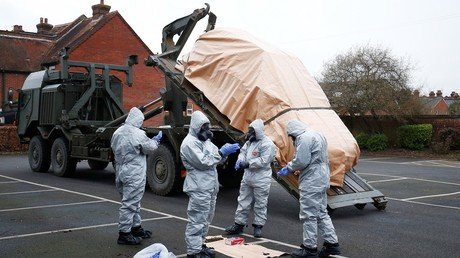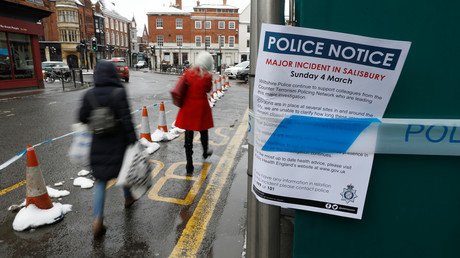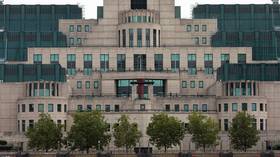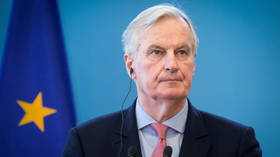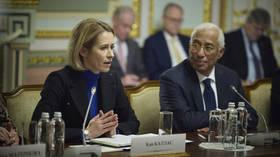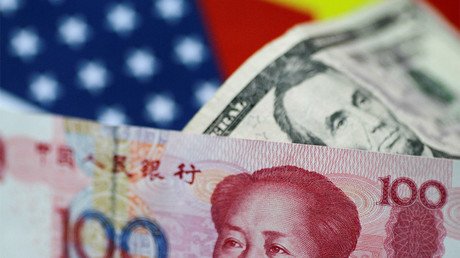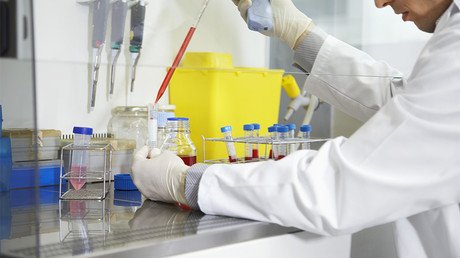Polonium-210 that killed Litvinenko was in UK before arrival of Russians accused of murder – Moscow
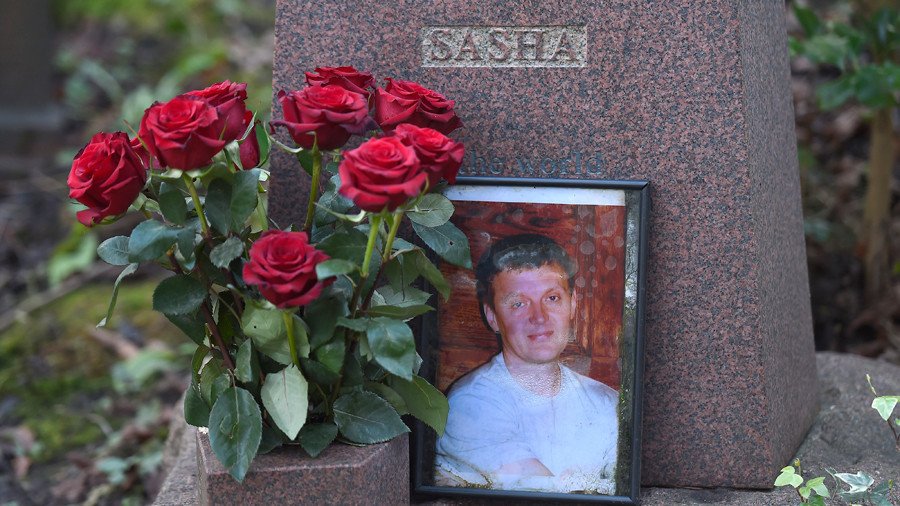
Polonium-210 was in London before the Russian citizens accused of poisoning Aleksandr Litvinenko arrived there, and evidence pointed to his patron Boris Berezovsky, Moscow has said, citing a German probe.
Russian prosecutors said this was proven by the UK’s own data, which it shared with Berlin.
The claim comes from the Russian Prosecutor General’s Office, which shared documents relating to several high-profile crimes that happened on British soil. Russia says it was unsatisfied by how Britain handled them. Moscow officials pointed to what they see as flaws in relevant probes on the British side, and have accused UK authorities of failing to conduct proper investigations.
One of the cases was the poisoning of Aleksandr Litvinenko, a former Russian intelligence officer and close associate of fugitive Russian tycoon Boris Berezovsky. The standing narrative in the case in Britain is that Litvinenko was poisoned with Polonium-210, a rare radioactive substance, by two Russian citizens, Dmitry Kovtun and Andrey Lugovoy. Neither stood trial for the crime, but British officials insist that there was no other credible explanation for Litvinenko’s killing.
Kovtun arrived in London before meeting Lugovoy and Litvinenko through Hamburg, which involved German authorities in the investigation of the case. Russian prosecutors on Monday showed a document issued in November 2006 by the Hamburg city prosecutor’s office, which contradict the narrative favored by London.
“According to the conclusions of our German colleagues based on all evidence collected by the Hamburg prosecutors, including that received from Great Britain, including the tracking of trails of radiation left by Polonium-210, the Polonium was in London before Lugovoy and Kovtun arrived there on November 1, 2016,” said Nikolay Atmoniev, an aide to the Russian prosecutor general.
The Russian Prosecutor General’s Office uploaded the documents on Monday. However, in the German original, the second page seems to be missing.
RT translated the two pages of the document from German.
Atmoniev added that, according to data received by the German prosecutors from the British side, “the highest level of radioactive contamination was found at the London office of Boris Berezovsky and in the body of Italian citizen Mario Scaramella.”
Scaramella, a lawyer and nuclear expert, met Litvinenko on the day of the poisoning and was exposed to Polonium-210. Media reports conflicted about how serious the exposure was, ranging from just small traces being found to Scaramella miraculously surviving a lethal dose.
Litvinenko was a confidant of Berezovsky, who among other things provided evidence to British authorities that helped the fugitive Russian businessman to receive political asylum in the UK. The status shielded Berezovsky from criminal prosecution in Russia, where he was accused of large-scale embezzlement.
According to Russian prosecutors, the two men had a falling out by 2006 and Litvinenko posed a threat to Berezovsky, because he could expose the fraudulent nature of the case for the tycoon’s political asylum, as well as the role played by British intelligence services in protecting Berezovsky from Russian justice. Litvinenko was a paid employee of MI6, according to the British media. Russian prosecutors believe that Berezovsky may have had Litvinenko killed to protect his status in the UK.
“We have grounds to state that, at the time, Berezovsky was the person with the strongest motive to kill Litvinenko; and the discovery of a radioactive trace in his office is yet more evidence for the case against him,” Atmoniev said.
The media briefing was held in Moscow amid controversy surrounding the poisoning of Sergei Skripal, a former Russian double agent, and his daughter Yulia in Salisbury. “The British authorities continue to voice unsubstantiated accusations against Russia and its citizens in the murder of Litvininko, and try to establish baseless parallels between that case and the poisoning of the Skripals,” the Russian prosecutor said.
Much of the focus at the event was on Kazakh businessman Vladimir Terluk. When Berezovsky was seeking asylum in Britain, Terluk’s testimony that he was hired to assassinate Berezovsky convinced a British judge that the Russian tycoon needed protection. Years later, Terluk claimed in a TV interview that his 2003 testimony was false – and was targeted with a £150,000 ($211,300) libel lawsuit by Berezovsky.
Last week, Terluk made a statement that was shown by the Russian prosecutors. He claimed that he was approached by a Scotland Yard officer in late January, whose name was redacted from the statement, with an offer to make a public statement against Russia in exchange for an extension of his residency permit in Britain. Terluk said he is currently facing expulsion after his previous five-year permit expired. The proposal reminded him of the experience he had in 2003, when Litvinenko coerced him into giving false testimony to help Berezovsky’s asylum case, he said.
Like this story? Share it with a friend!
